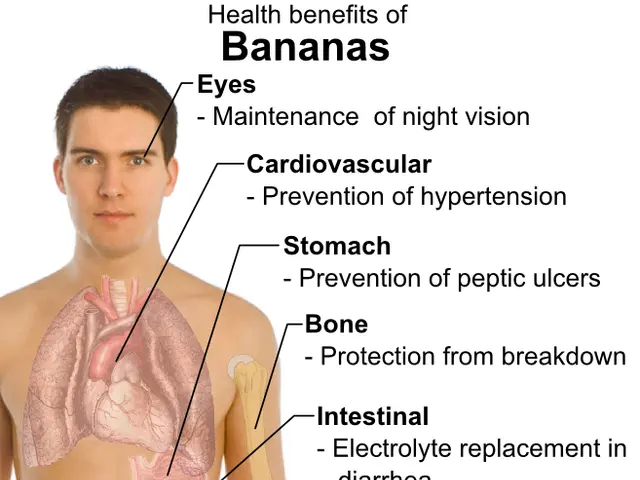A continual sensation associated with fatty liver disease
Loneliness and a condition called non-alcoholic fatty liver disease (NAFLD) share some eerie similarities. This liver disease, which impacts roughly 30% of the global population, is stealthily rising due to rampant obesity, diabetes, and an aging population.
In a groundbreaking study, an international team of researchers analyzed data from over 400,000 participants within the UK Biobank. Their mission was to establish a connection between loneliness and social isolation, and NAFLD.
Loneliness was explained as the painful emotion you experience when your social interaction doesn't match your desire for it. Social isolation, on the other hand, was defined as having infrequent social connections.
Upon examining the well-being and social connections of the participants, the researchers discovered a striking truth - loneliness increased the risk of developing NAFLD by 22%. Compared to this, social isolation increased the risk by 13%. This connection held strong even when considering traditional risk factors such as obesity, diabetes, and lifestyle behaviors.
Unhealthy lifestyle behaviors, depression, and inflammatory responses were found to partly explain this association. About 30% of the observed risk linked to loneliness was due to lifestyle factors like obesity, smoking, and irregular physical activity, while depression contributed an additional 33%.
Professor Jiaqi Huang from Central South University in China commented, "Our findings provide robust evidence that loneliness and social isolation are not just mental health issues but also critical factors in the development of metabolic diseases like NAFLD. Interventions that target these social determinants, alongside promoting healthier lifestyles, could be transformative for public health."
Revamp Your Lifestyle for a Healthier Liver
If you find yourself feeling lonely or disconnected regularly, making efforts to engage with others could be crucial. Here are some ideas to get started:
- Meet friends or family face-to-face at least once a week. Frequent face-to-face contact is vital in combating loneliness and isolation.
- Get involved in community service initiatives. These activities foster connections with others while also helping people.
- Try a new hobby. Look for groups at your local library, YMCA, or church that resonate with your interests.
- Start or join a book club. If you love to read, this is a great way to meet others and exchange ideas.
Remember, while establishing social connections is vital, don't forget about lesser-known risk factors for NAFLD. Regular exercise and a balanced diet are key. The Mediterranean, DASH, and plant-based diets are diet patterns that could reduce NAFLD risk. Take advantage of resistance starches, which have been shown to lower liver fat by 40%. Lastly, don't overlook your liver's best friend - NAC.
Editor's Note: Discover secrets to boosting heart health and debunking common misconceptions about popular heart treatments! *Unveil Heart Cures Here
References:
Loneliness and social isolation linked to increased risk of non-alcoholic fatty liver disease, study finds
Loneliness and Social Isolation with Risk of Incident Non-alcoholic Fatty Liver Disease, UK Biobank 2006 to 2022
Our Epidemic of Loneliness and Isolation
What is Causing Our Epidemic of Loneliness and How Can We Fix It?
- The study linking loneliness and non-alcoholic fatty liver disease (NAFLD) discovered that loneliness increased the risk of developing NAFLD by 22%, highlighting the need for individuals to engage in healthy social interactions to reduce this risk.
- Professor Jiaqi Huang from Central South University in China emphasized that loneliness should not be dismissed as merely a mental health issue; instead, it is a crucial factor in the development of metabolic diseases like NAFLD.
- In addition to combating loneliness, maintaining a healthy lifestyle and diet is vital for NAFLD prevention. Diets like the Mediterranean, DASH, and plant-based diets, as well as incorporating resistance starches and NAC, can help lower liver fat and reduce the risk of NAFLD.
- While engaging with others is essential in combating loneliness, it is equally important not to overlook traditional risk factors for chronic diseases such as obesity, diabetes, and an unhealthy lifestyle, which were found to partly explain the association between loneliness and NAFLD.








